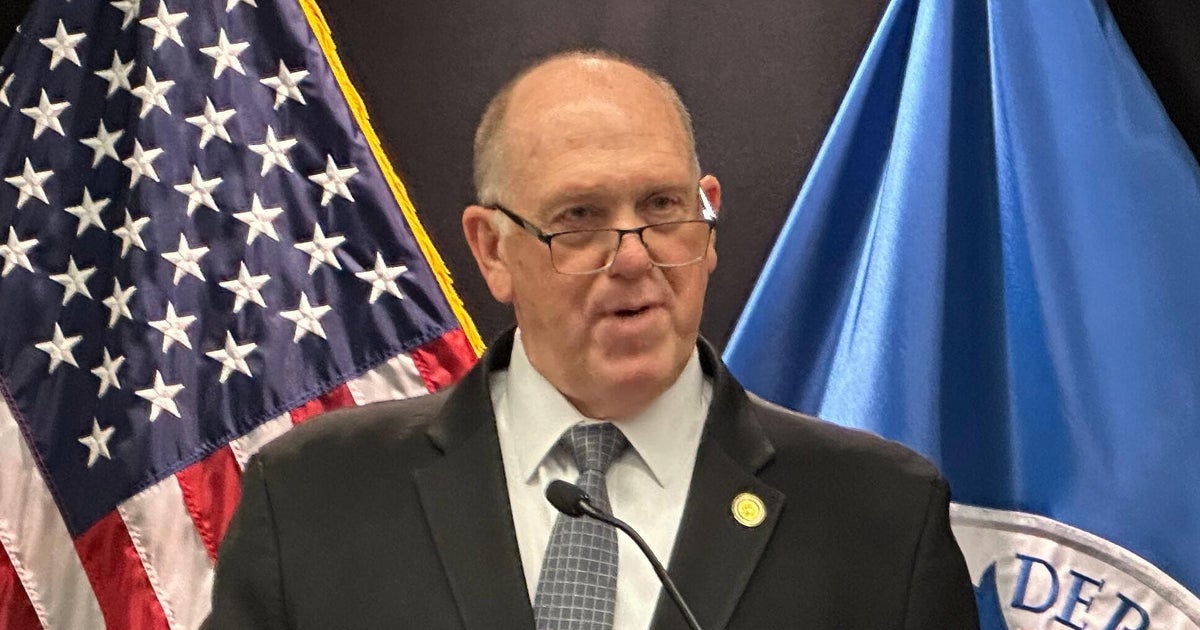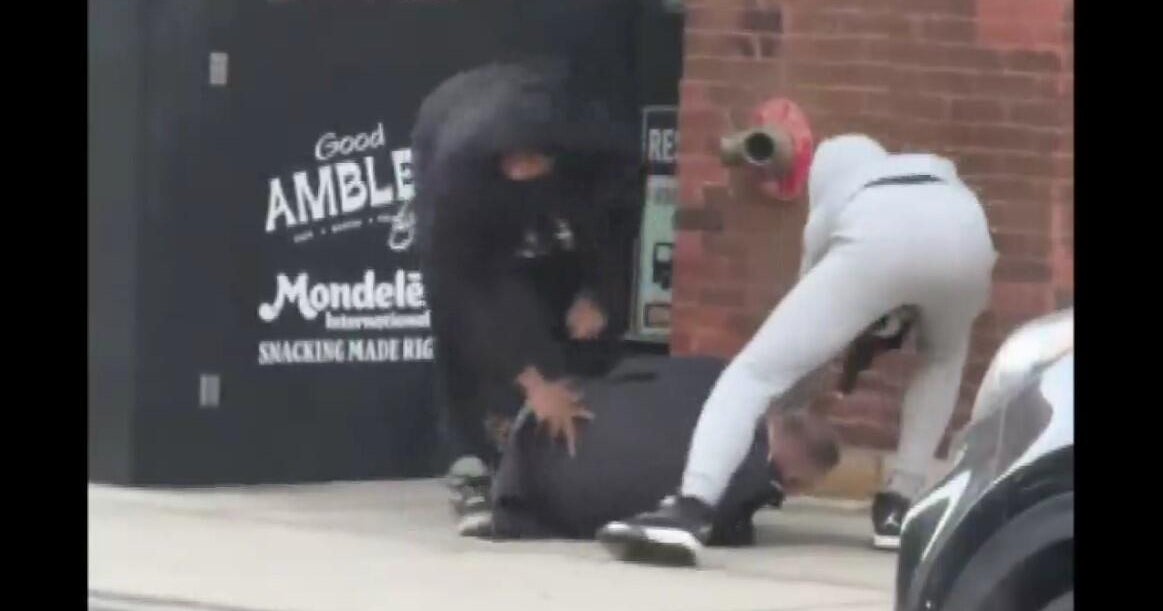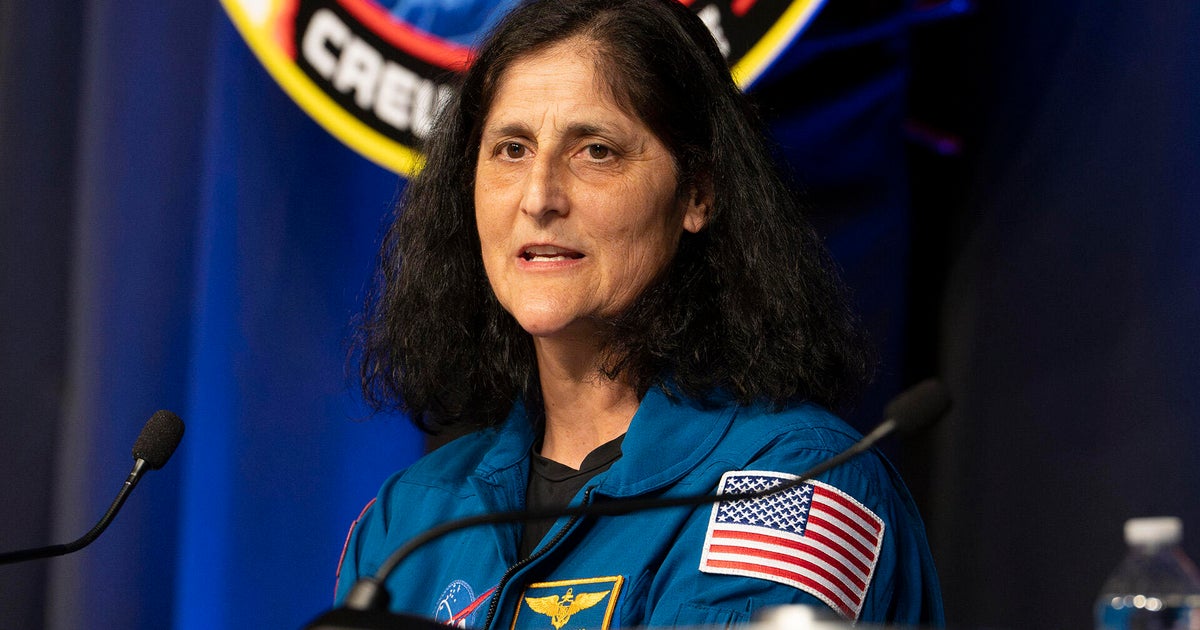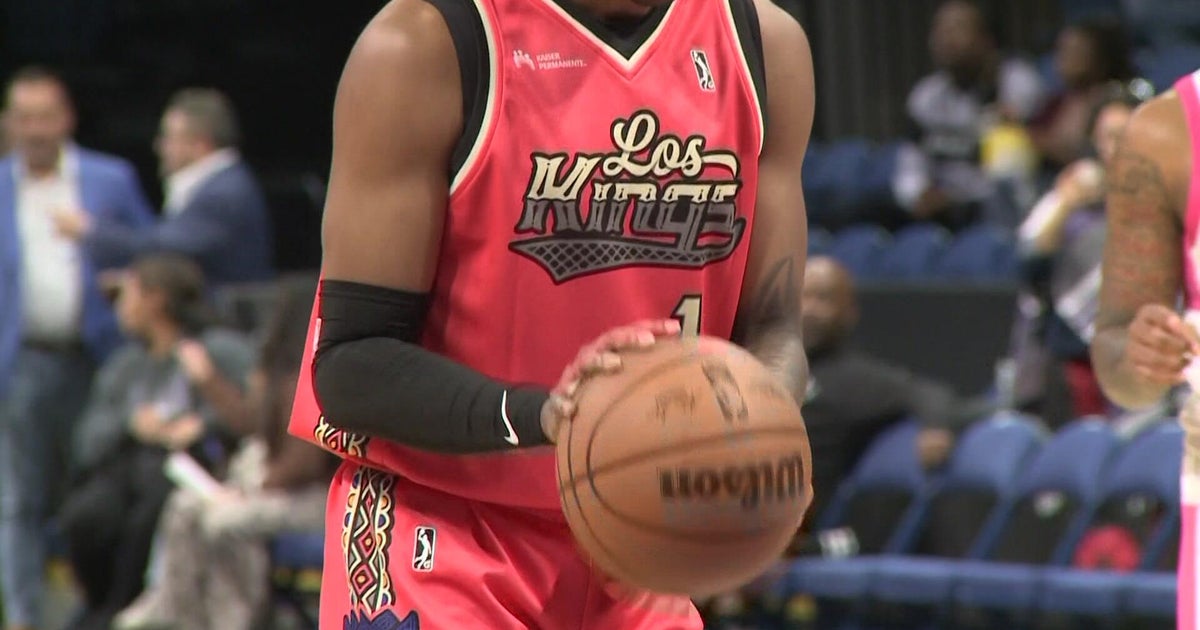Massarotti: Celtics Need To Decide If Isaiah Thomas Is Franchise Player Of The Future
BOSTON (CBS) -- Another year, another deadline, another dud in Celtics owner Wyc Grousbeck's cache of fireworks. And that's fine. But the more this goes on, the more you wonder if it isn't about the future of the Celtics vs. the present, the value of draft picks vs. Paul George or Jimmy Butler.
And the more you wonder whether it's really about Isaiah Thomas.
So here's the question: Is Isaiah a franchise player or isn't he?
You say yes, I say no.
And at the moment, it feels like the Celtics agree with you.
Of course, things can change. But for now, here's the point: When the Celtics acquired Thomas at the trade deadline two years ago, the debate centered around whether Isaiah was a starting NBA point guard or a good sixth man, the latter a player that could come off the bench and consistently score against backups on championship-caliber teams. Two years later, Thomas ranks second in the league in scoring and dominates the fourth quarter – do you know what time it is? – all while Grousbeck, among others, suggests Isaiah is one of the top 10 players in the league.
I don't know about you, but I'm pretty sure I could rattle off, in a matter of seconds, 10 names I'd trade Isaiah for. (Let's just talk ability here and not contracts.) George and Butler. Stephen Curry. LeBron James and Kyrie Irving. Kawhi Leonard. Karl-Anthony Towns. Anthony Davis. Russell Westbrook. James Harden. Kevin Durant. That's 11. And I haven't really even thought about it.
So do the Celtics really believe that? Or are they just, you know, posturing?
Honestly, I'm starting to wonder. Thomas comes up for a new contract at the end of next season, and what the Celtics pay him (or, more specifically, how they see him) is at the center of their future. If the Celtics regard Thomas as a true top 10 player, well, he will be paid in excess of $30 million a season, which certainly makes a dent in their protect-at-all-costs flexibility. If they don't, president of basketball operations Danny Ainge needs to sign Thomas to a far more reasonable number or replace him, the latter of which could involve trading Thomas himself.
Plain and simple, that's the reality, folks.
If you think Thomas is a true centerpiece guy, you certainly have a case. The big difference between Thomas last year (22.2 points per game) and this year (29.9) is his shooting. For the year, Thomas is a just a sliver off a pace that would produce a historic 50-40-90 season – that's 50 percent from the field, 40 percent from 3-point distance and 90 percent from the free-throw line – something only seven players in history have accomplished: Larry Bird, Mark Price, Reggie Miller, Steve Nash, Dirk Nowitzki, Kevin Durant and Stephen Curry. But we all know that NBA numbers are largely a product of the competition, which brings us to the biggest hole in Thomas' resume.
The playoffs.
In his two years with the Celtics, Thomas has been to the playoffs two times. And while the overall scoring average looks decent (21.5), a closer inspection reveals a troubling reality. For his postseason career, Thomas has shot .376 from the field overall and just .250 from 3-point distance. (Last year, those numbers were .395 and .283.) The defense and intensity cranks up, the efficiency goes down. By a lot. Even if he is scoring basically the same number of points per game.
What will this postseason bring? In short, a huge test. The addition of Al Horford was made largely to benefit Thomas by opening up the interior and creating space for him. If the Thomas of this approaching postseason looks at all like the one from the regular season – and looks less like the one from last year's playoffs – then the Celtics will have significant evidence that Thomas is indeed their guy, much to the chagrin of those who are questioning them in the wake of the trade deadline.
But if not?
Well, the Celtics are going to have one very big decision to make about their little point guard, as lovable as he is.







